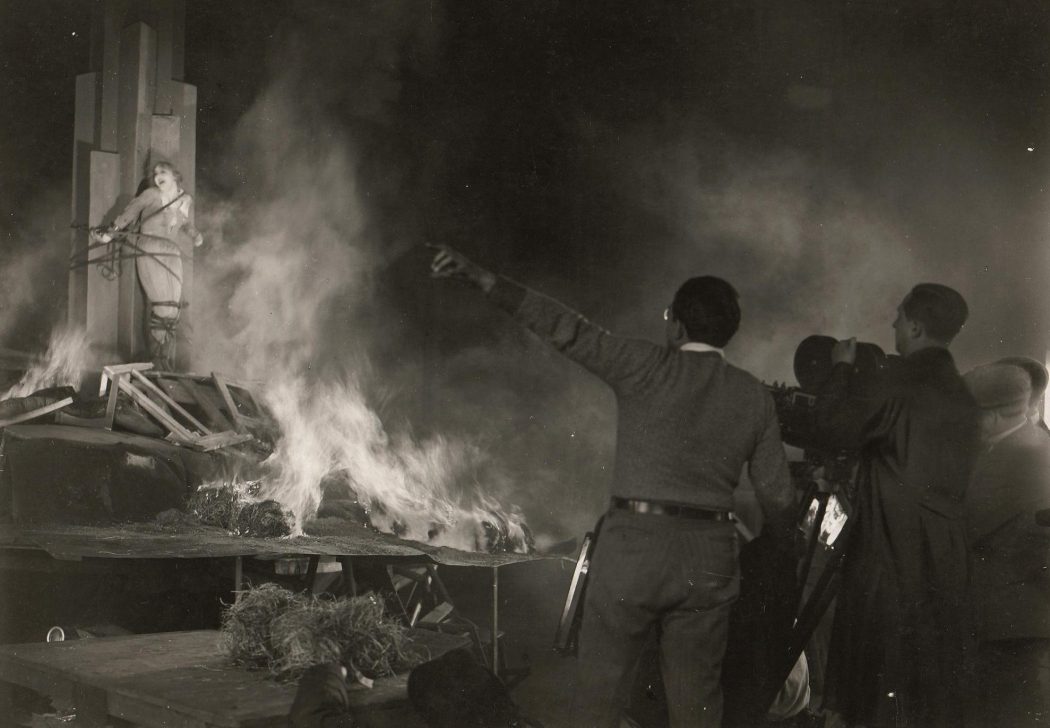Cinema Europe: The Other Hollywood (1995) is a documentary series produced by David Gill and silent film historian Kevin Brownlow. Chronicles the birth of European cinema, from the Lumiere brothers to World War I, and then the first golden age of Swedish cinema, from the formation of Svenska Bio to the departure for Hollywood of Stiller and Sjöström. The French build the first studio, invent the traveling shot, and experiment in sound. Max Linder becomes the first comedic star. The Italians do spectacle and early realism. Germans invent film propaganda and have Lubitsch. The Danish cinema is rich before the war. An affectionate portrait of Swedish cinema appreciates its cinematography, led by Jaenzon, its conversion of novels into film, and the emergence of a production company that owned its own theaters. This is a marvelous documentary series and required viewing for film buffs.
Where It All Began (introductory episode). Highlighting the world’s first public presentation of films in Paris, the silent film industries in Denmark and Italy, the comedies by Max Linder and Ernst Lubitsch, Abel Gance’s J’accuse and the onset of World War I.
Art’s Promised Land (Sweden). Including Ingeborg Holm, Terje Vigen and The Phantom Carriage by Victor Sjöström and Greta Garbo’s star-making performance opposite Lars Hanson in Mauritz Stiller’s Gosta Berling’s Saga. Directed by Michael Winterbottom.
The Unchained Camera (Germany). Featuring The Cabinet of Dr. Caligari, Battleship Potemkin by Sergei Eisenstein, Metropolis, Die Nibelungen by Fritz Lang, Joyless Street starring Greta Garbo, F. W. Murnau’s Nosferatu, Emil Jannings, The White Hell of Pitz Palu featuring Leni Riefenstahl and Louise Brooks becomes a star in G. W. Pabst’s Pandora’s Box and Diary of a Lost Girl.
The Music of Light (France). Highlighting Abel Gance‘s masterpieces, Napoleon and La Roue.
Opportunity Lost (Britain). Exploring the early career of Alfred Hitchcock.
End of an Era (finale). Focusing on the arrival of sound films, The Jazz Singer, The Blue Angel, and the onslaught of World War II.
Get Cinephilia & Beyond in your inbox by signing in
[newsletter]
